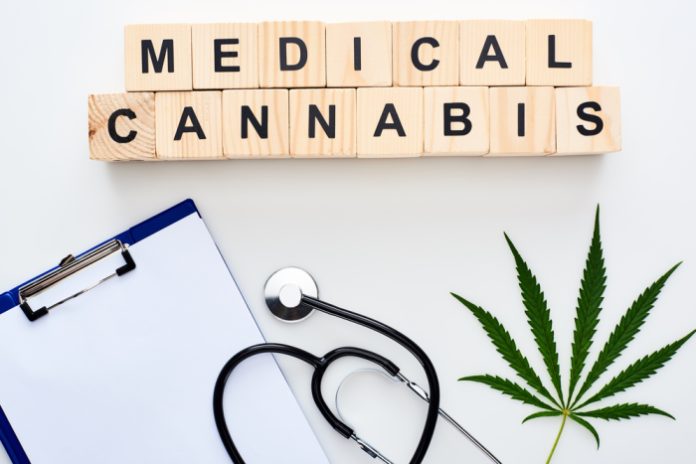Medical marijuana stems from dry leaves and sprouts of the Cannabis Sativa plant, which naturally grows in hot and warm areas. It is also produced commercially in controlled environments in different states. Thus, for many years people have been utilizing traditional marijuana treatments for severe symptoms and illnesses. In addition, scientists found numerous biologically active elements in cannabis called cannabinoids.
Medical marijuana comes in various forms, including the following:
- Dried buds or leaves to smoke
- Creams to apply to the skin
- Capsules and pills
- Edibles such as cookies, candies, or brownies
- Oils that you can mix in food or drinks
- Oral sprays to use in your mouth
These can be applied in many ways, depending on what your registered doctor for marijuana prescribes to you. Although, keep in mind that before purchasing marijuana, you must apply for a medical marijuana card online for legalization.
How Can Marijuana Help with Cancer-Related Symptoms?
Scientists found the possible benefits of marijuana in treating and managing cancer symptoms. According to studies, marijuana helps reduce the side effects of chemotherapy, including vomiting and nausea. In addition, synthetic cannabinoids used to treat nausea, such as Nabilone and Dronabinol, are FDA-approved.
In addition, medical marijuana helps individuals manage pain that they experience. For example, scientists discovered that smoking marijuana helps reduce the pain caused by cancer. Marijuana reduces inflammation in chemotherapy for patients as a way of managing pain. In addition, studies show that marijuana relieves nerve pain. During chemotherapy, patients may experience nerve damage which causes pain, numbness, and body weakness. Some develop neuropathy as a result and can depend on marijuana to relieve their pain.
Moreover, using marijuana helps with weight loss and appetite. Cannabinoids such as Dronabinol improve the desire to eat for patients undergoing chemotherapy. Improved appetite facilitates healthy weight gain and eliminates weight loss struggles. Other benefits of marijuana include curing your skin problems and relieving stress. Learn to consume marijuana in moderation to receive these and more health benefits.
Cannabinoid Drugs
Clinically approved drugs are from pure marijuana compounds. The chemical used for the mixture includes the following:
- Nabilone — is from a cannabinoid that works like tetrahydrocannabinol. You administer the drug orally or through an injection. The drug is mainly for patients that undergo cancer chemotherapy to treat vomiting and nausea symptoms. Patients usually take this drug when other nausea and vomiting treatments failed.
- Dronabinol — is an FDA-approved gelatin drug that contains delta 9 THC. The medicine treats vomiting and nausea caused by cancer treatments. It is also for poor appetite and weight loss in chemotherapy patients.
- Nabiximol — this drug is under review in the United States. It is an oral spray made from plant extract with cannabidiol and tetrahydrocannabinol in a one-to-one ratio. Currently, the drug is available in parts of Europe and Canada. It effectively cures chemotherapy-related cancer pain and treats spasms and muscle pain caused by cancer.
Medical Marijuana: Side Effects of Cannabinoid Drugs
Prescription cannabinoids, nabilone, and dronabinol result in various complications and side effects. Thus, some individuals experience dizziness, fainting, elevated heart rate, lightheadedness, and decreased blood pressure. Others reported feeling drowsiness and mood swings. Cannabinoid drugs can worsen mental illnesses such as depression.
Patients taking cannabinoid drugs such as nabilone sometimes have experienced hallucinations. If you take alcohol, sedatives, or sleeping pills, cannabinoid drugs can increase the effect of these drugs, causing poor coordination and lethargy. In addition, you can have a dry mouth or problems remembering recent events.
Older individuals have more issues with the impact of cannabinoid drugs. They must start and stick to lower doses because higher doses will result in complications. In addition, individuals with mental illnesses, such as hallucinations or paranoia, might experience worsened symptoms after taking cannabinoid drugs.
Furthermore, before consuming cannabinoid medications, reach out to your physician to learn more about the drug and the effect it might have on you. Thus, having a medical marijuana card to make your intake legal is very important. It is also a good idea to have someone present when you take your first dose or even when you make any changes in dosage.
Find a Home-Based Business to Start-Up >>> Hundreds of Business Listings.

















































